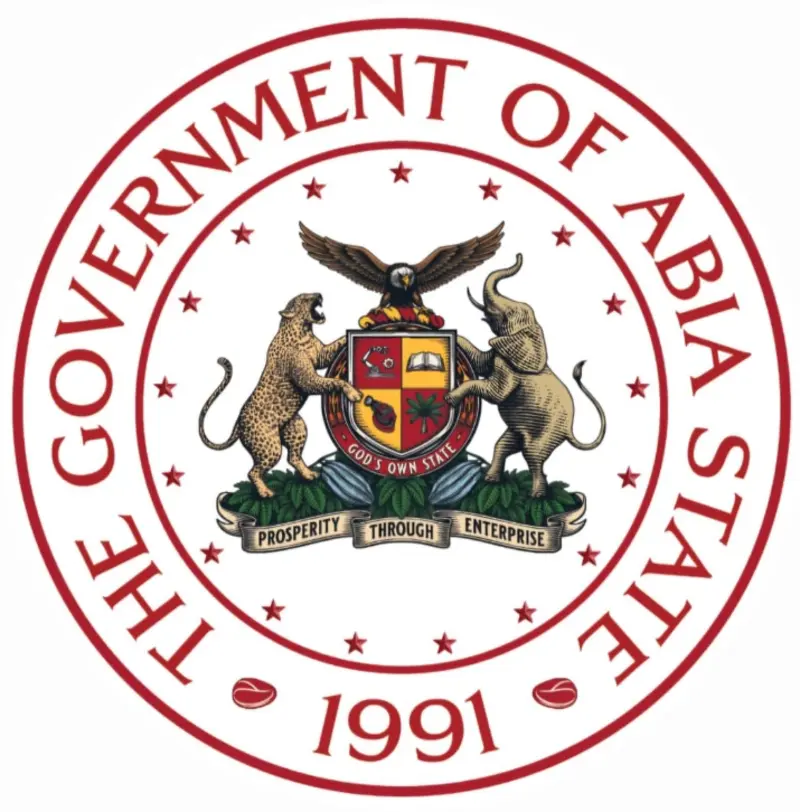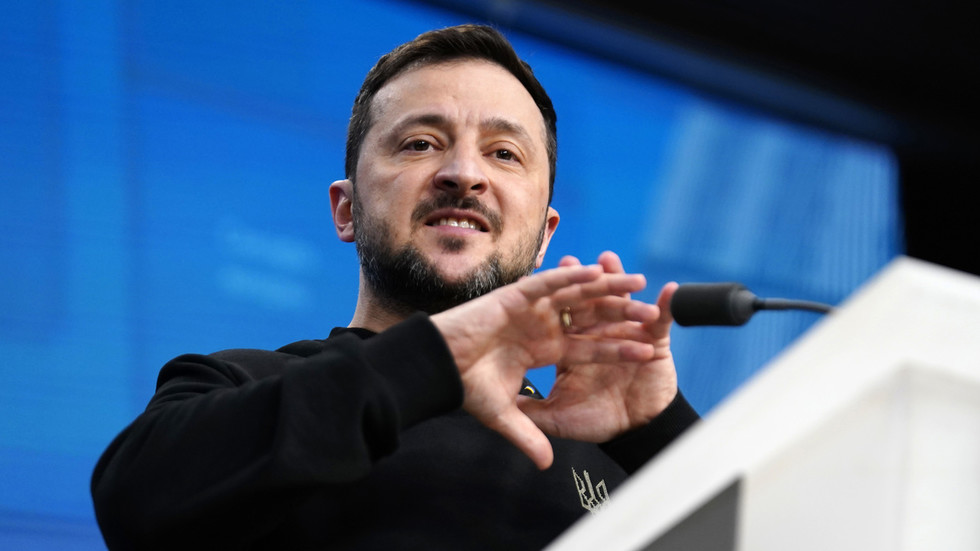The European Union’s decision to restrict Russian citizens to single-entry Schengen visas has been met with criticism from Russian lawmakers. Senator Grigory Karasin, who heads the Federation Council’s foreign affairs committee, stated that the move is an attack on “ordinary Russians” and an attempt to influence their attitude by restricting their freedom of movement. The EU’s decision, announced on Friday, cites “increased security risks” stemming from the Ukraine conflict as the reason for the restriction.
The EU had previously issued around 552,000 visas to Russian citizens last year, with Italy, France, and Spain being among the largest issuers. However, the new restriction means that Russians will now have to reapply for a visa each time they plan to travel to the EU. Karasin argued that the EU’s methods are not working and are not producing practical results, citing the closure of EU airspace for Russian planes and the shutdown of borders with Russia by countries like Finland and the Baltic States.
Russian Foreign Ministry spokeswoman Maria Zakharova expressed similar sentiments, questioning why the European Commission prefers “illegal migrants and Ukrainian draft dodgers living on benefits” to “solvent tourists” from Russia. The move is also expected to have economic implications, with some EU countries opposing the restrictions due to concerns about the impact on their tourist industry. Greece, Italy, Spain, France, and Hungary have reportedly opposed the restrictions, citing concerns about the potential harm to their economies.
The Finnish region of South Karelia, which lies close to the Russian city of St. Petersburg, has already seen significant losses due to the closure of the border with Russia. The region is estimated to be losing around €1 million ($1.2 million) in tourist income every day, with unemployment in the town of Imatra reaching 15%. As a result, Russian tourists are increasingly looking to alternative destinations, with Türkiye emerging as a preferred destination. Between May and September, Türkiye attracted 2.83 million guests from Russia, according to the Association of Tour Operators of Russia.
The EU’s decision is likely to have significant implications for both the EU and Russia, with potential economic and diplomatic consequences. As the situation continues to unfold, it remains to be seen how the EU’s restrictions will affect the flow of Russian tourists to the region and whether alternative destinations will continue to benefit from the shift in travel patterns.



